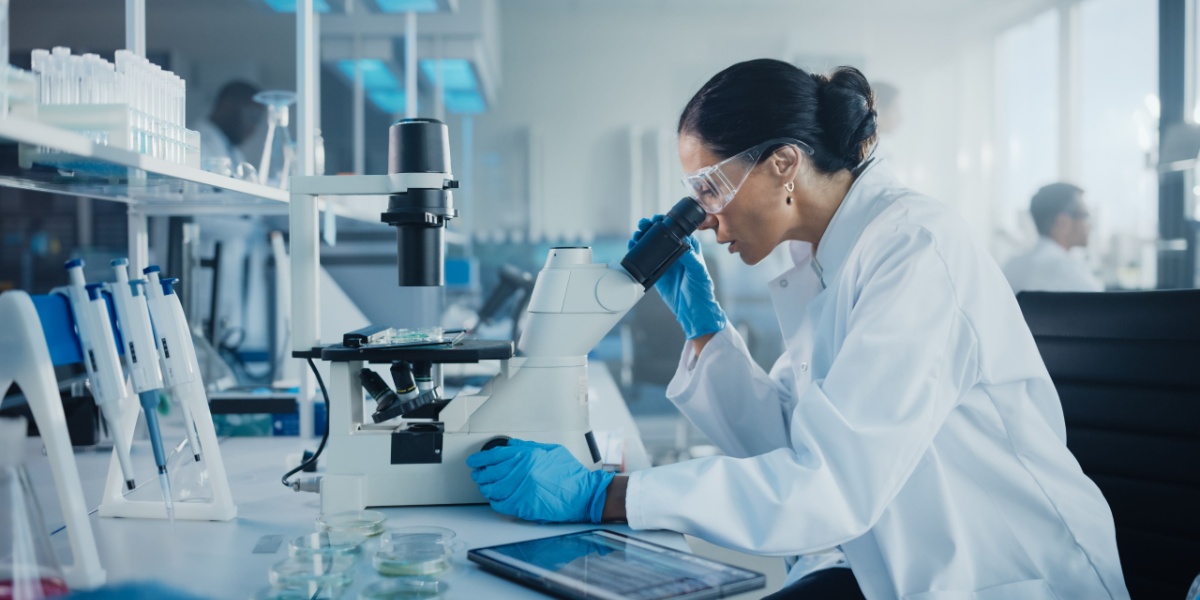There are many types of drug tests that can be performed both at home and in laboratory conditions. Here we look at the process of drug tests, where they can be performed, and what the results mean.

What happens during a drug test?
Drug tests can be performed in a variety of situations and locations such as the workplace, at home, a lab, hospitals, and drug treatment centers.[1] A urine sample is the most common drug test requirement, and instructions will be given to the person being tested before use. Occasionally, a health care provider or another official may be present during a urine sample to ensure it does not become contaminated with any other substances that may affect the result.[1]
Saliva tests are often performed by taking a swab from inside the mouth and are relatively noninvasive. Blood tests will always be performed by a trained medical professional, as they will need to use a needle to remove a small amount of blood, usually from the arm. This can be uncomfortable, but the pain is often short-lived and minimal.[1]
Hair follicle tests require the person being tested to provide a hair sample that is sent off to a lab for a series of tests. This process takes considerably longer than other tests but often yields the most accurate results.[1]
Related: Types of drug test
How accurate are drug tests?
The accuracy of a drug test can vary depending on a variety of factors, most notably between lab testing and at-home drug test kits.
Lab tests
Lab testing is more rigorous and has a greater number of controls set in place to offer accurate results.[2] For example, if a urine sample returns a positive result on a 10-panel screening, it will be sent off for more scrutinous testing to determine the exact drug metabolites found in the sample. There are also stringent cutoffs and regulations in place to ensure that a false positive does not arise from partial detection, such as THC being inhaled through secondhand smoke.[2]
At-home tests
At-home tests are slightly less reliable than lab testing and should always be sent away to a lab for confirmation before assuming a positive test means drugs have definitely been used.[1] Certain foods, supplements, beverages, or medicines may interfere with at-home test kits and should always be confirmed by a lab. If you are unsure of an at home-test result, then a follow-up test at a lab may be needed.
What can affect the accuracy of a drug test?
Before assuming the accuracy of a drug test, it is important to first consider factors that may have affected the result. The most common things that can affect the accuracy of a drug test include:[2]
- How the test was performed and whether any contaminants may have entered the sample
- How the test was stored, especially with urine tests
- What the person being tested ate or drank before the test was taken
- Any and all prescription medication or over-the-counter (OTC) medication a person has used prior to the test.
Does a positive result mean illicit substances have been abused?
No, a positive result on an at-home or lab drug test does not categorically prove illegal drugs have been abused.[3]
For instance, the presence of amphetamines in a drug screening does not mean illegal amphetamines have been abused.[3] Many OTC medications contain enough amphetamines to give the same drug test result as illegal amphetamines like meth. Similarly, positive results for prescription medication do not confirm that a person is abusing them, as even prescribed doses may show up in a drug test.
There are also many factors that can give a potentially false positive result on a drug test. This can be as innocuous as eating poppy seeds before taking a test or consuming hayfever tablets. All test results should be confirmed by a lab before any action is taken.
Does a negative result mean a person definitely hasn't abused drugs?
No, a negative result does not 100% guarantee that a person hasn’t abused substances.[3] There are several factors that may influence a drug test to give a negative result, such as:
- Testing for the wrong substances
- Collecting a sample when substances weren’t in the person's system
- Allowing a sample to become diluted or contaminated
- Incorrectly storing the sample so that it spoils
If you suspect someone is abusing substances but they have a negative test result, you can take the test again at a later date or speak to a doctor about getting a lab drug test done.[3]
When should I know the results of a drug test?
The amount of time it takes for a drug test result to be confirmed can vary depending on:[3]
- The reason for the test (emergency and employment-based drug tests tend to have faster turnaround times)
- The type of test (blood and urine have quicker turnarounds than hair follicle tests)
- The expected accuracy of the test (a suspected false positive result will require further testing)
If the test has been requested by an organization, they should be able to tell you the expected timeframe for receiving results.[3]

